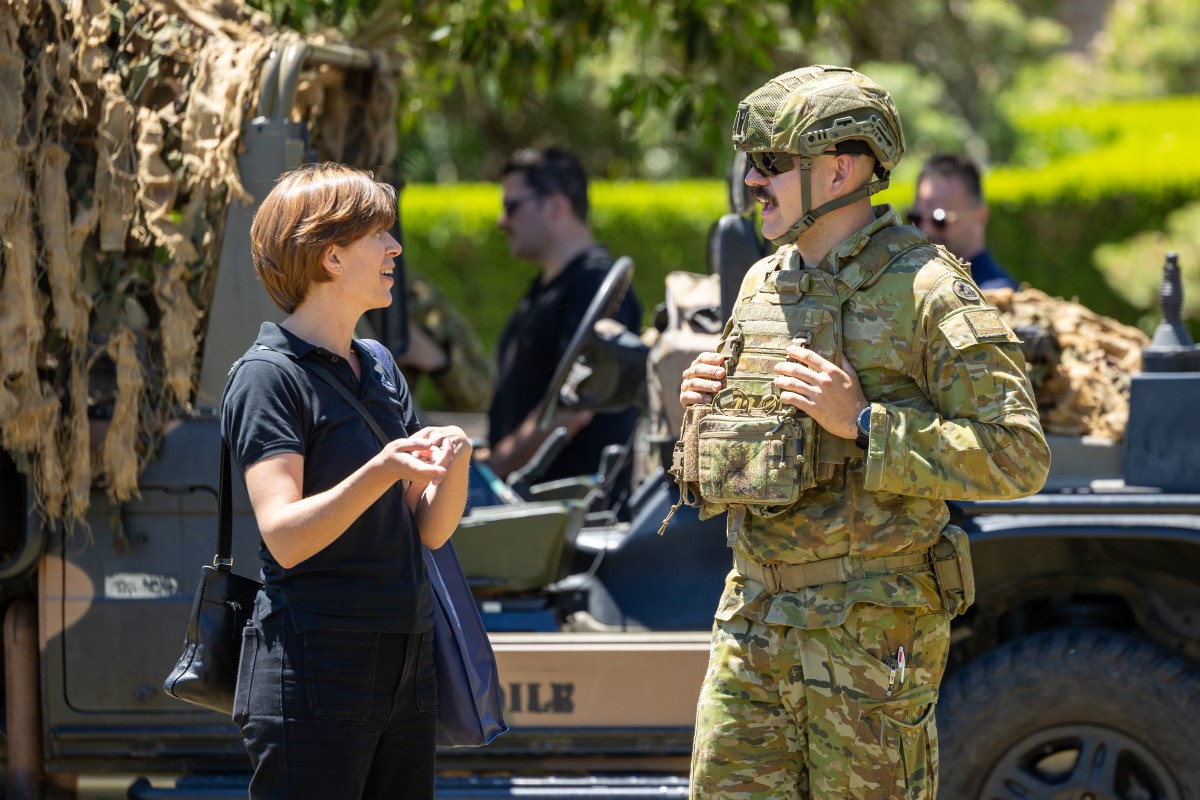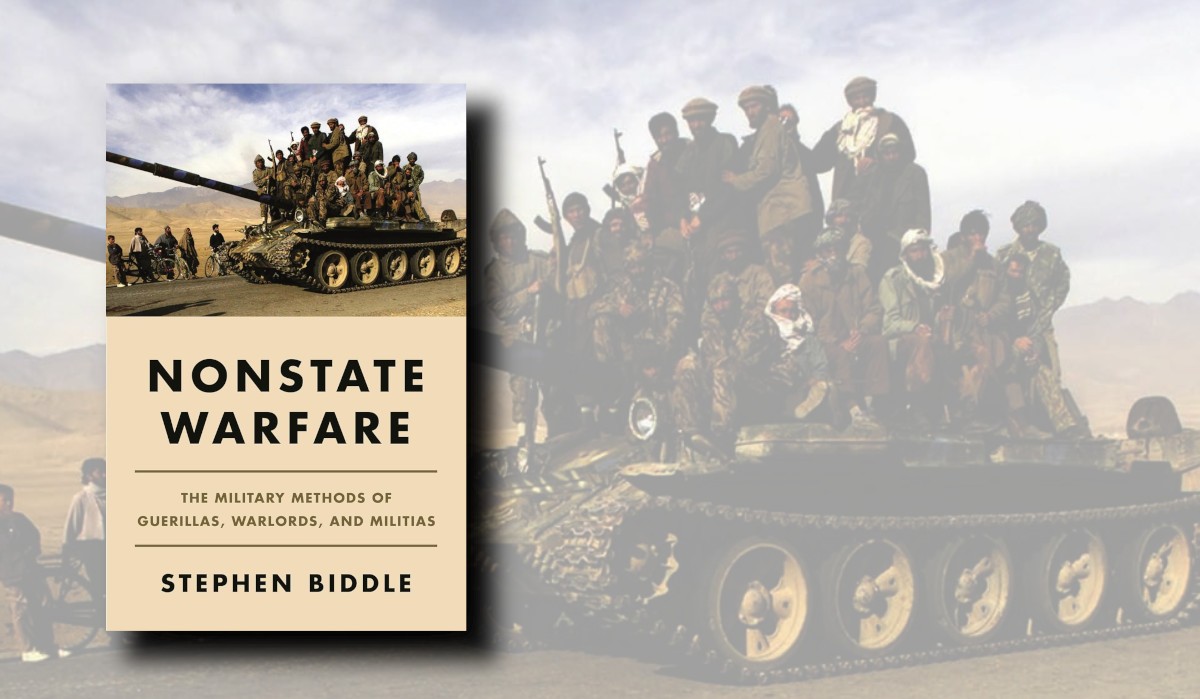The words culture and strategy are full to overflowing with meaning, non meaning and contested ideas. I ask the reader to skirt this semantic swamp and accept culture as “the ideas, customs and social behaviour of a group” and strategy as “purposeful behaviour to realise an end.” Accepting these general definitions allows for a brisk consideration of the relevance the idea that “culture eats strategy for breakfast.” The specific phrase “Culture eats strategy for breakfast” has been variously attributed to Peter Drucker, management consultant, Mike Bard, CEO of Bard consulting, and Mark Fields of the Ford motor group. Regardless of the source, the phrase expresses an accepted truism that culture acts on strategy whether an organisation wants it to or not.
Culture has, does and will always influence the strategy of Australian land forces. Even the briefest read of Clausewitz alerts strategists that war is a contest between two wills and the will of a belligerent is the product of moral factors. The risk is to overplay the truism and grant culture a unique or dominant position relative to strategy. Culture is but one component of strategy; Clausewitz identifies six elements of strategy and Colin S. Gray identifies 17 “broad, pervasive and interpenetrating dimensions.” These “physical and psychological factors form an organic whole, which unlike a metal alloy, is inseparable by chemical process.” In short, it is naive to grant a single dimension of strategy enduring primacy over others. As Gray says “the sensible culturalist does not assert that culture invariably rules.”
So, whilst not always true, the value of the idea that “culture eats strategy for breakfast” is two fold. First, it is a reminder that an organisation and the individuals that comprise it cannot be acultural; culture influences actions whether we choose it or not. Second, noting the caveats above, culture can be powerful, and therefore understanding our own culture, and that of our adversaries and allies is potentially advantageous. Given one and two, training and education should aim to develop culturally aware and adaptive officers and soldiers. As Bernard Brodie writes, “good strategy presumes good anthropology and sociology. Some of the greatest military blunders of all time have resulted from juvenile evaluations in this department.”



